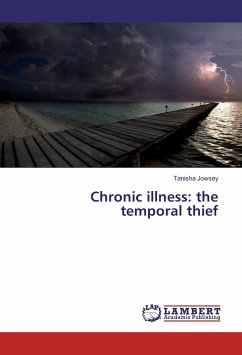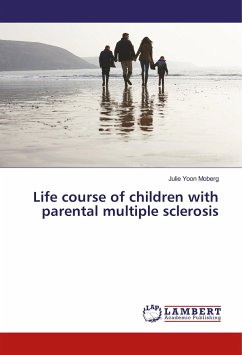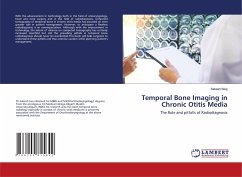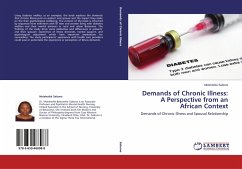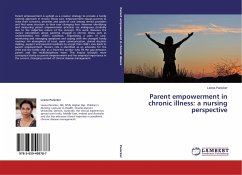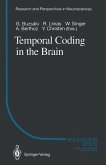For many people, chronic illness is experienced as a thief, stealing their imagined futures and gobbling up their daily rhythms. Through public health and anthropological lenses this book draws on quantitative and qualitative data to investigate intersections between chronic illness and time. It presents four in-depth case studies and time use data from Australia to demonstrate the significant bearing that time has on the chronically ill person. The relevance of this bearing is discussed here in terms of self management and care plans.
Bitte wählen Sie Ihr Anliegen aus.
Rechnungen
Retourenschein anfordern
Bestellstatus
Storno

